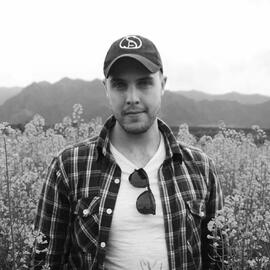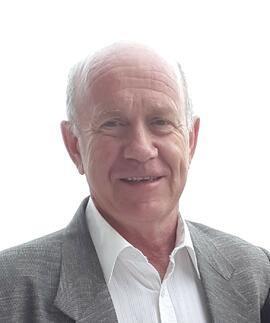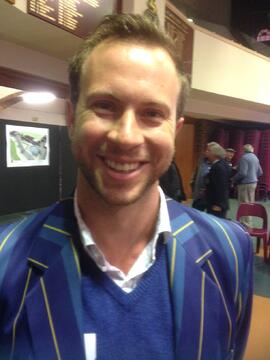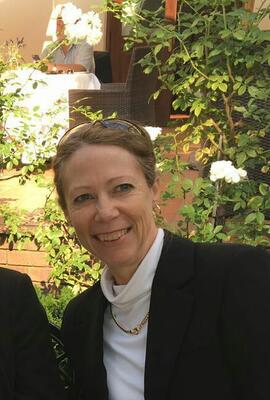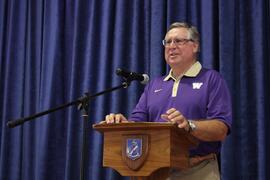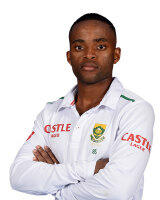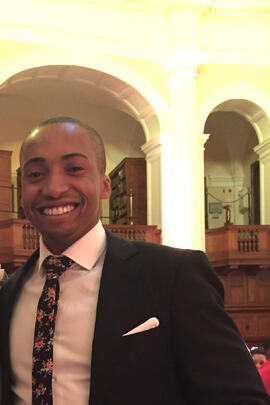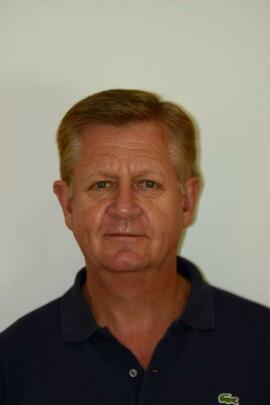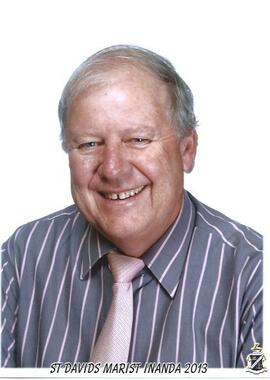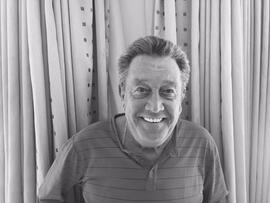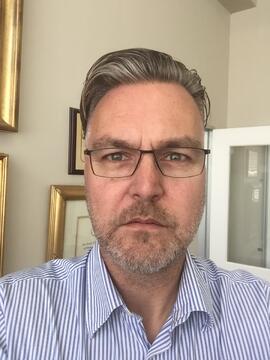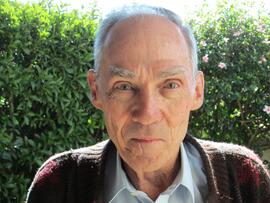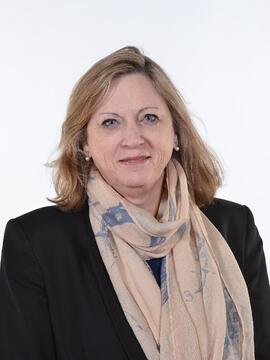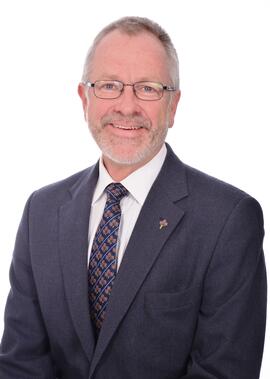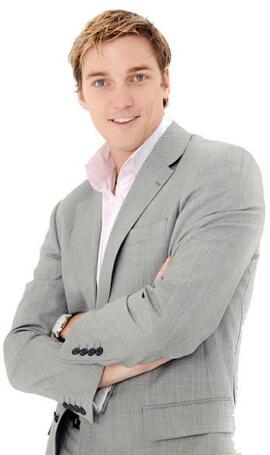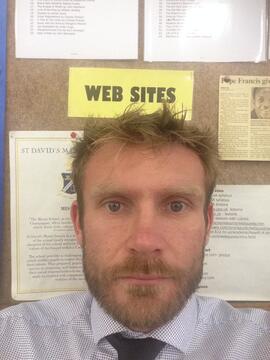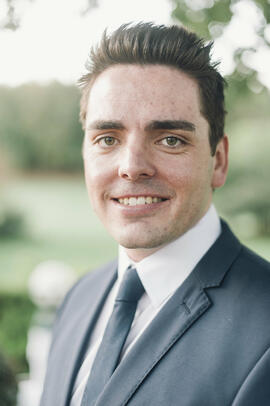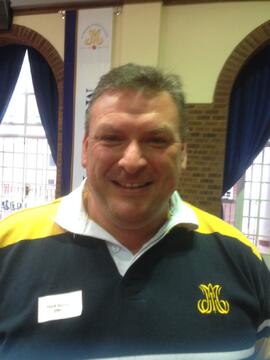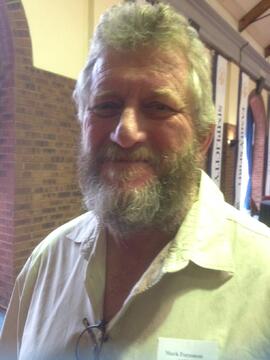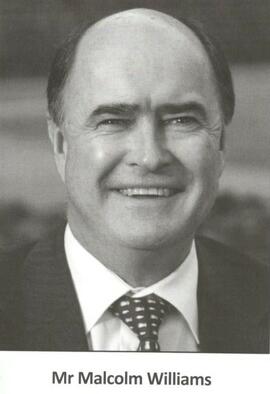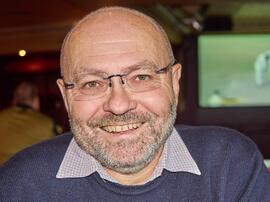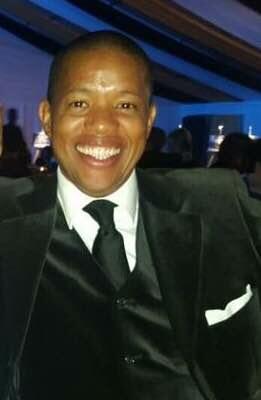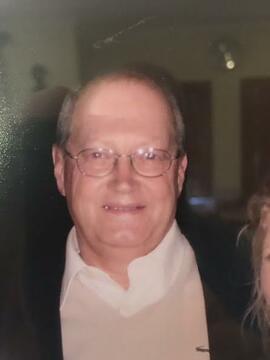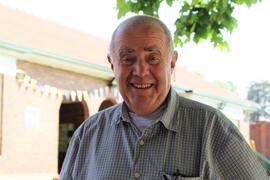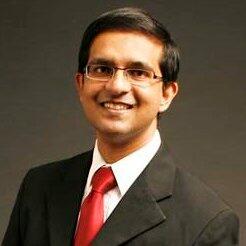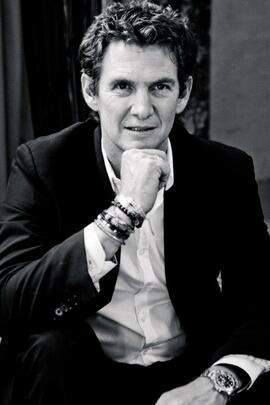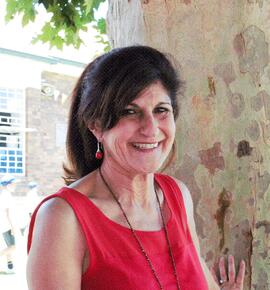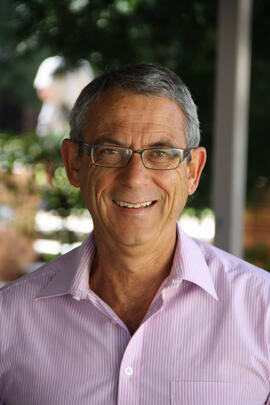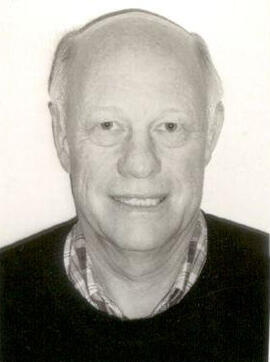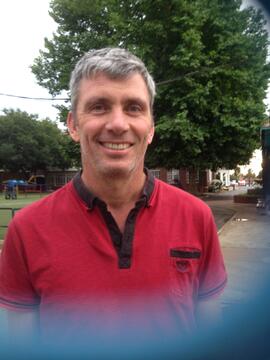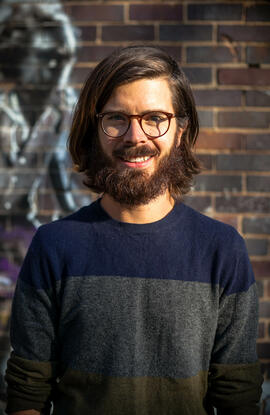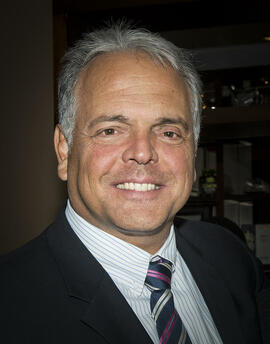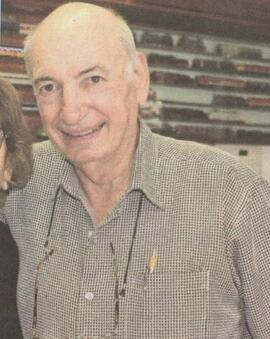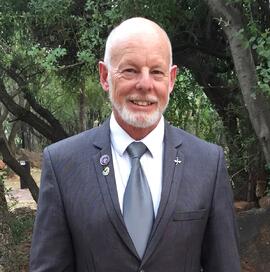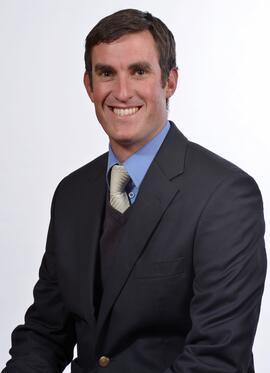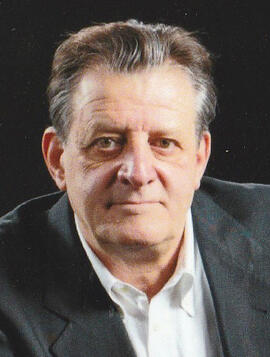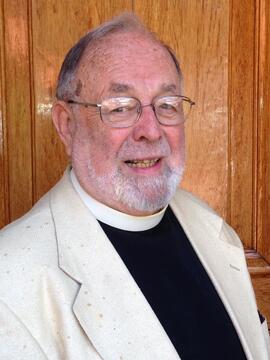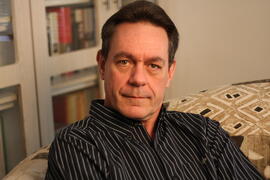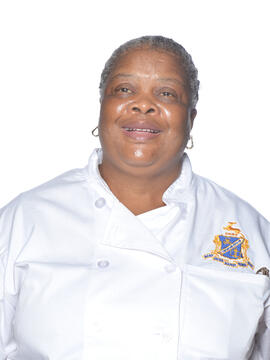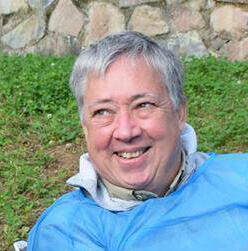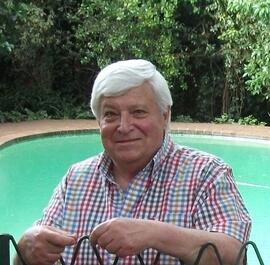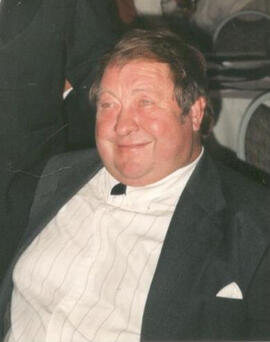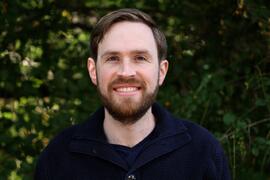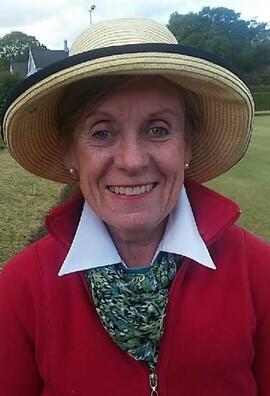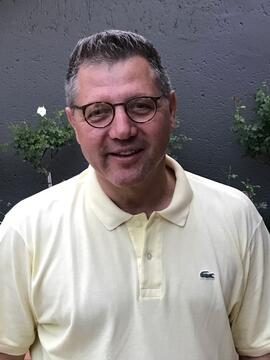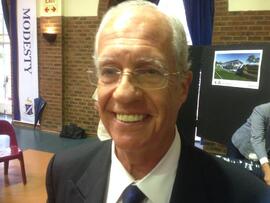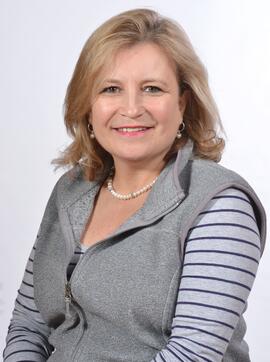Interview with Tristan Schafer 2010
- ZA ZAR STDS 202000954
- Item
- 2015
Interview with Tristan Schafer – 2010
Tristan came to St David’s in grade 0 in 1998, the year that grade 0 first started. A photo of himself and
Brendan Mitchell appeared in the local paper at the time.
On his first day he didn’t know anyone and Mrs Milne was his teacher. He remembers that Mrs Milne taught
the boys the alphabet with “Letter Land” and each week a new letter would appear on the chalk board and
one of the boys would be assigned to that letter. Tristan loved the twisty bread which he bought with
tokens and loved running around the playground and the jungle gym.
Mrs Nieman was his grade 1 teacher and he found all the teachers to be quite different, Mr Sinclair who
was extremely well read; Mrs McWilliams; Mr Thackwell an awesome English teacher; Gareth Dry who
brought a huge amount of professionalism and a completely different element to the school, Tristan was in
the choir and sang at the Linder auditorium in grade 6. He remembers the choir received a standing ovation
and also went on tour to the Drakensberg Boys Choir School. The headmaster, Rick Wilson used to come
and read to the boys regularly and his favourite story was that of “King Solomon’s Mines”.
Tristan was not a very good Soccer player but enjoyed the game and the Soccer clinics run by Willy Castle.
He got involved with Canoeing in Grade 5 and with other sport in Grade 7 and swam in the B team and A
team Water Polo until the age of 16 when he concentrated on paddling.
Tristan was an altar server for 5 years from grade 6 until grade 10, with Father Michael who was awesome
and also when Bishop Tigale came to the school. Tristan is not very religious but is a spiritual person.
Tristan connected more with the teachers in high school. In grade 9 he chose to do Business Studies but
hated it and then changed to Art with Anneke Carter, winning the Art prize 3 years in a row; Mohammed
Jena taught Maths and was an awesome teacher who gave a lot of his time and took the boys on a Maths
boot camp before matric; Gareth Kolkenbeck-Ruh was an old boy teaching English with whom you could
connect. Other teachers who stand out are Stephan Bauer and Bridget Fleming, Geography; Belinda
Marais who was kind hearted; Gareth Kolkenbek-Ruh and Gareth Dry with whom he did film study
“Shawshank Redemption“, “The Mission” and ”Tsotsi” incorporating visual arts, Music, and writing with all
art forms in one which was very creative.; Rod Smith was a cool guy, all the English teachers were good;
Simon Holderness was a great Maths teacher and rugby coach; Shane Lotter who took golf to a different
level; Will van den Berg; Dave Smith. The teachers were all there for the boys supporting a tradition which
holds the school together.
Tristan enjoyed the grade 8 camp, loved playing rugby and water polo and supported 1st team rugby. He
also enjoyed the weekly war cries practices. He still misses eating lunch at break with his pals, there was a
massive feeling of brotherhood and they all helped each other out. His best friends now are boys he got to
know in grade 0. A notable thing is that many of the boys in Tristan’s year went into diverse and
unconventional careers following their passion and included quite a few entrepreneurs. Brad Latilla-
Campbell went to Harvard, Barry Morisse studied Drama at Wits, Chaid White plays soccer for Jomo
Cosmos and Matthew Rigby studied Actuarial Science at Stellenbosch.
2010 was a great year for sport and gave something for the grade 8’s to aim for. The school needs that
kind of continuation. The negative thing that year for Tristan was that the prefects room and that privilege
was taken away and also that Chris Brown, climber who represented South Africa was not given an
honours blazer.
Canoeing or paddling was started at St David’s in 1995 by Willem van der Merwe a very kind hearted man
who helped many boys to find their niche in canoeing. Tristan went on prep and high school canoeing tours
which he found really cool and many of the boys became Springboks. In grade 10 Tristan was canoeing
captain with only 5 boys in the team but by the end of the year there were 25. Tristan firmly believes that
sport should be fun and is to be enjoyed.
Tristan became a prefect and was head of The Bishop’s with Gabriel Ally as head boy. Tristan was
awarded an honours blazer for canoeing and was a peer counsellor in grade 11. In 2010 for the first time,
all the prefects went on a camp with the grade 8’s and Francesco Mariano, head boy 2014, was Tristan’s
mentee.
After Matriculating, Tristan went onto study at Afda Film School covering acting, film and TV. He continued
to coach the school canoeing team for 3 years until Willem left. Whilst studying, Tristan won a few awards
with other students including the Ster-Kinekor Vision Mission award creating an advertisement for
disadvantaged children which he directed and wrote. Whilst on an exchange at Chapman University in the
US, Tristan was involved with a graduation film group that won pretty much all the categories.
Tristan has now started his own company “Old Soul Films” and is adopting that approach to storytelling and
is hoping to get into web advertising and web series especially in the US, Europe and the East.
Tristan was also involved in some charity work with Absa making 3 short films going into communities and
uplifting them. This included a bakery in Westbury that feeds the local children; a young artist in Alexandra
who was abused as a child; a woman from Somalia documenting her story and how life in Johannesburg
compares favourably to Somalia. He was paid for doing these films but then followed up on his own. Tristan
is also doing some pro-bono work for a girls’ orphanage in Malawi where the girls are taught sewing skills.
He will be filming a short documentary and will be involved in the building and construction of the sewing
room.
Tristan is a member of MOBS and would certainly send any sons he may father to St David’s.
JLE June 2015
Egenrieder, Julie

